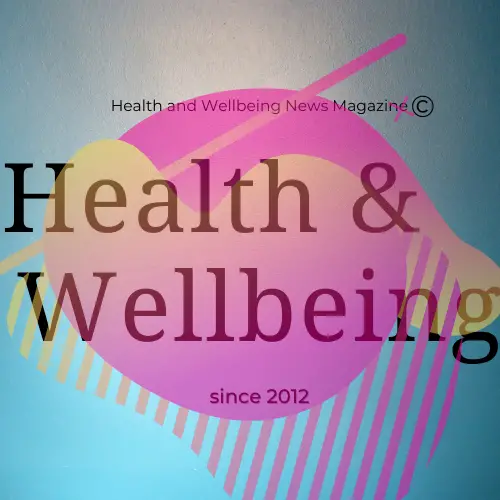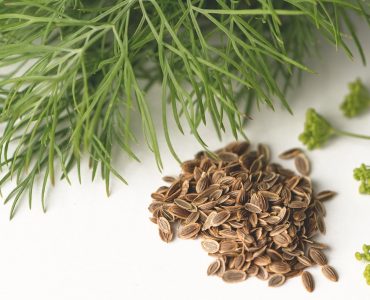(Thiamin) Say goodbye to sluggishness! Learn how Vitamin B1 can boost your energy production, fight fatigue, and keep you feeling active and energized throughout the day
Vitamin B1 is a water soluble nutrient measured in milligrams (mg). It is a part of the vitamin B complex and has many functions in the body.
| Function | How it helps |
|---|---|
| Energy production. | Vitamin B1 is an essential part of the enzymes that are required for the production of energy, metabolism of carbohydrates and proper nerve function. |
| Brain and nervous system health | Vitamin B1 is needed by the body to make the neurotransmitter acetylcholine (a chemical messenger required for memory, mental function, nerve and muscle function). |
| Memory/mental enhancement | May improve cognitive function in people with senility or Alzheimers Disease, due to it’s role in the production of acetylcholine. |
| Liver enhancement | Works with Vitamin C and LCysteine to neutralise the toxin acetaldehyde which is a produced as a side effect of alcohol metabolism. |
Thiamin is found in a wide variety of many foods at low concentrations. Whilst yeast and liver are the most highly concentrated sources of thiamine, cereal grains, however, are the most important dietary sources of thiamin in the diet as these foods are consumed readily in most diets. Of the cereal grains, whole grains contain more thiamin than refined grains.
Good digestion is essential for the function of the nervous system because of the quantity of vitamin B1 that must normally be extracted from the food we eat.
Best food sources of Vitamin B1 |
||
|---|---|---|
| Brewers yeast | Whole grains and Cereals | Brown rice |
| Fish | Milk | Oatmeal |
| Oysters | Pasta | Pork |
| Asparagus | Kale | Cauliflower |
| Potatoes | Oranges | Cured ham |
| Liver (beef or pork) | Eggs | |
Deficiency Symptoms
Extreme thiamin deficiency can lead to many problems including heart failure, neurodegeneration, muscle wasting and death.
| Deficiency Symptoms | ||
|---|---|---|
| malaise | weight loss | irritability |
| confusion | mental impairment | depression |
| numbness or tingling in extremeties | constipation due to lack of intestinal muscle tone | muscular atrophy |
A lack of thiamin can be caused by malnutrition, alcoholism, a diet high in thiaminase-rich foods (raw freshwater fish, raw shellfish, ferns) and/or foods high in anti-thiamine factors (tea and coffee).
Well-known syndromes caused by thiamin deficiency include Wernicke-Korsakoff syndrome and beriberi which is a nerve and heart disease, diseases also common with chronic alcoholism.
It is thought that many people with diabetes have a deficiency of thiamin and that this may be linked to some of the complications that can occur.
Vitamin B1 has been used to help with:
Dementia
Lower back pain
Neuralgia
Mouth ulcers
Factors which deplete levels, impair absorption and/or inhibit activity: |
||
|---|---|---|
| Tea and coffee | Excessive carbohydrate intake | The anti-epileptic drug phenytoin |
| Alcohol | Indomathacin | Antacids |
| Oral contraceptives | Diuretics | Anti-biotics |
Thiamin as an insect repellent.
Some studies suggest that taking thiamin 25 to 50 mg three times per day is effective in reducing mosquito bites. A large intake of thiamin produces a skin odour that is not detectable by humans, but is disagreeable to female mosquitoes. Thiamin takes more than 2 weeks before the odour fully saturates the skin. With the advances in topical preparations there is an increasing number of thiamin based repellent products.
Other information:
Normally Vitamin B1 is taken with other b-group vitamins as a B-complex, as a general tonic and energy booster
Alcoholics and those with absorption problems may need extra vitamin B1
Cautions:
Vitamin B1 is generally regarded as safe and can be taken at high levels without side effects.
When this article was written there were no well-known negative drug interactions with vitamin B1.





